The demand for organic liquid fertilizers has surged as more agricultural producers turn to sustainable practices. These fertilizers provide essential nutrients to crops, improving soil health and reducing environmental impact. To keep up with this growing demand, advances in technology have revolutionized the way an organic liquid fertilizer processing plant operates. This article highlights four cutting-edge technologies transforming organic fertilizer production, making it more efficient, environmentally friendly, and productive.
1. Advanced Mixing and Emulsification Systems in Organic Liquid Fertilizer Processing Plant
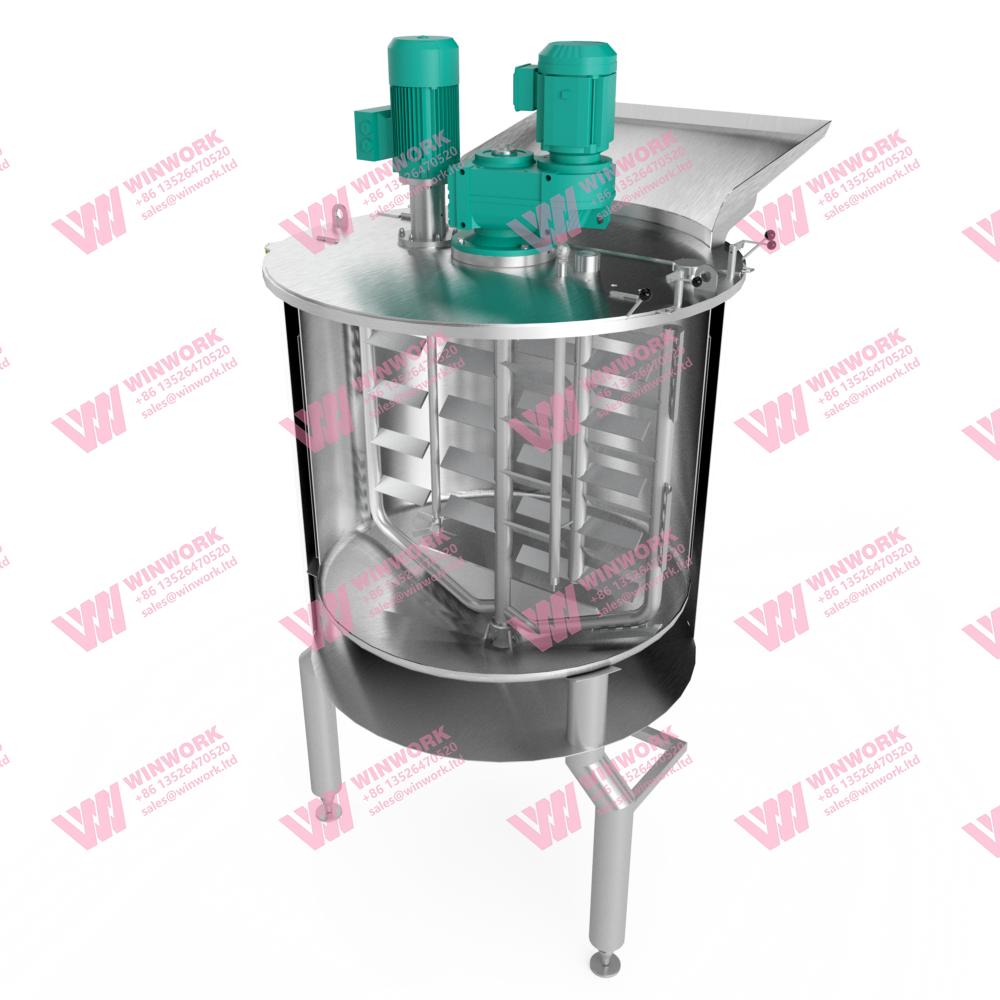
One of the core technologies shaping modern organic liquid fertilizer processing plants is the development of advanced mixing and emulsification systems. These systems ensure that organic nutrients are properly blended into a stable, homogenous solution. This is particularly important for organic fertilizers, which often consist of various ingredients, including plant extracts, animal manure, and compost derivatives.
High-shear mixers and ultrasonic emulsifiers are examples of technologies that enable efficient blending of these diverse components. These machines break down particles into finer sizes, ensuring better nutrient distribution when the liquid fertilizer is applied to crops. The result is a more effective fertilizer that delivers nutrients directly to the root zone, promoting faster absorption and healthier plant growth.
For instance, high-shear mixers are capable of breaking down solid organic matter into micro-particles, allowing the liquid solution to achieve better uniformity. Meanwhile, ultrasonic emulsifiers use sound waves to create fine droplets of liquid fertilizers, improving the dispersion of nutrients in water. Such advancements have led to a significant reduction in production time while improving product quality.
Additionally, these advanced systems minimize the risk of separation or settling, which is crucial for maintaining consistent quality in large-scale production. This ensures that the organic liquid fertilizer processing plant remains uniform throughout its storage and transportation, delivering the same nutrient benefits no matter where or when it’s used.
2. Real-Time Monitoring and Automation
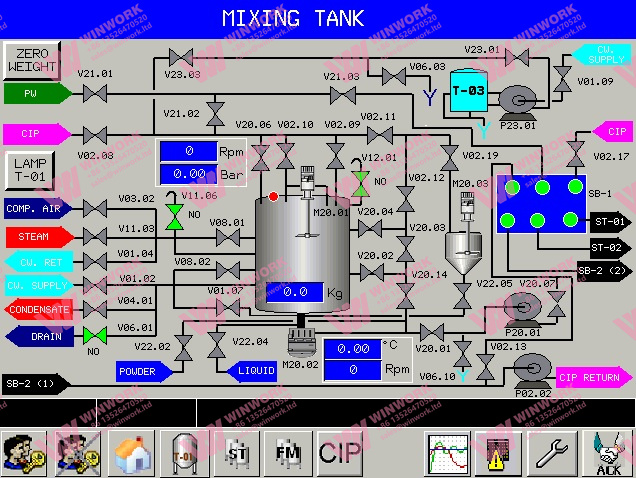
Automation and real-time monitoring systems have revolutionized the operational efficiency of organic liquid fertilizer processing plants. Modern production lines are equipped with smart sensors and control systems that monitor every stage of the production process—from ingredient mixing to bottling. These systems provide continuous feedback on factors like temperature, pH levels, and nutrient concentrations, ensuring that the fertilizer meets strict quality standards.
For instance, pH sensors monitor the acidity of the liquid fertilizer, making sure it stays within an optimal range for plant absorption. Similarly, temperature sensors ensure that heat-sensitive organic components are not compromised during processing, preserving their nutrient value. With these automated controls, plant managers can make real-time adjustments to the process, leading to more accurate production and reducing waste.
The introduction of automation has also reduced labor costs and minimized human error. Machines can adjust processes in real-time, optimizing the production line for maximum output and quality consistency. By automating repetitive tasks, plants can operate 24/7, scaling up production to meet the increasing demand for organic fertilizers without compromising quality.
Furthermore, data collected from these automated systems can be analyzed to improve future production cycles, helping manufacturers refine their processes and reduce waste. These insights can lead to more informed decisions about raw material usage, energy consumption, and process efficiency, creating a more streamlined production workflow.
3. Sustainable Waste Management and Byproduct Utilization
Sustainability is a critical focus in the development of modern organic liquid fertilizer processing plants. One of the most significant advancements in this area is the implementation of waste management systems that turn byproducts into valuable resources. Organic fertilizer production generates waste materials such as biomass, sludge, and organic residues, which can be repurposed rather than discarded.
Anaerobic digestion technology, for instance, allows for the conversion of organic waste into biogas, which can be used as an energy source to power the plant. This not only reduces the plant’s reliance on external energy but also decreases its carbon footprint. In some cases, the digestate produced from anaerobic digestion can be further processed into additional fertilizer, creating a closed-loop system that maximizes resource efficiency.
Many plants are now using composting systems that convert organic waste into nutrient-rich compost, which can either be added back into the production line or sold as an additional product. By integrating these waste management technologies, organic liquid fertilizer processing plants can minimize their environmental impact while creating new revenue streams from byproducts.
In addition to reducing waste, these practices contribute to a circular economy, where every byproduct is viewed as a resource. This approach not only makes the organic liquid fertilizer processing plant more sustainable but also enhances its long-term profitability.
4. Precision Nutrient Delivery Systems
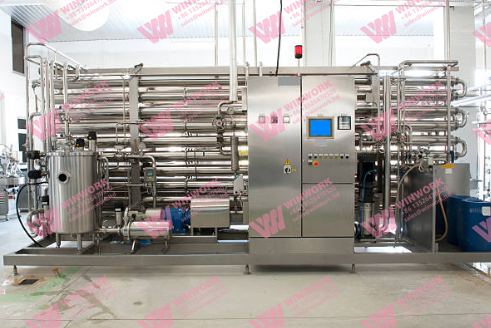
The ability to deliver nutrients precisely is critical for the effectiveness of organic liquid fertilizers, and modern organic liquid fertilizer processing plants have embraced precision nutrient delivery technologies to achieve this. One key advancement is the use of microencapsulation, a technology that encases nutrients in protective coatings, allowing them to be released gradually over time.
Microencapsulation improves the efficiency of fertilizer application by controlling the release of nutrients, ensuring that plants receive them exactly when they are needed. This targeted approach enhances plant growth and reduces nutrient loss due to leaching or evaporation.
Moreover, precision nutrient delivery systems can be customized to create fertilizers tailored to specific crops or growing conditions. For example, crops that require specific nutrient profiles during different growth stages can benefit from fertilizers designed to release essential nutrients at the optimal time. This customization ensures that organic farmers can maximize yields while minimizing waste, making these fertilizers a valuable tool in sustainable agriculture.
In addition to improving plant health, these technologies help reduce the amount of fertilizer required per acre, lowering overall production costs and contributing to more eco-friendly farming practices. Precision nutrient delivery is an innovation that helps strike the perfect balance between efficiency and sustainability.
Conclusion
The organic liquid fertilizer processing plant is at the forefront of technological innovation, with new developments drastically improving the production process. Advanced mixing and emulsification systems, automation and real-time monitoring, sustainable waste management, and precision nutrient delivery technologies are just some of the breakthroughs revolutionizing the industry.
As the world shifts toward more sustainable agricultural practices, these technologies will play a crucial role in meeting the growing demand for organic fertilizers while maintaining high production standards. By adopting these innovations, organic liquid fertilizer processing plants are poised to lead the way in eco-friendly fertilizer production for years to come.


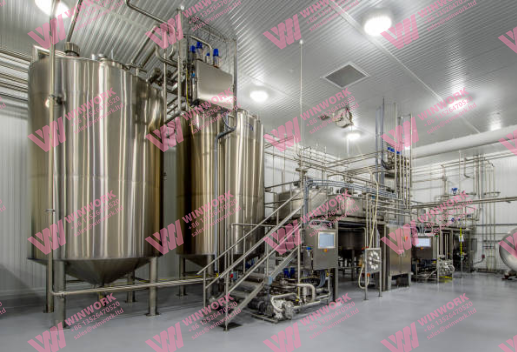
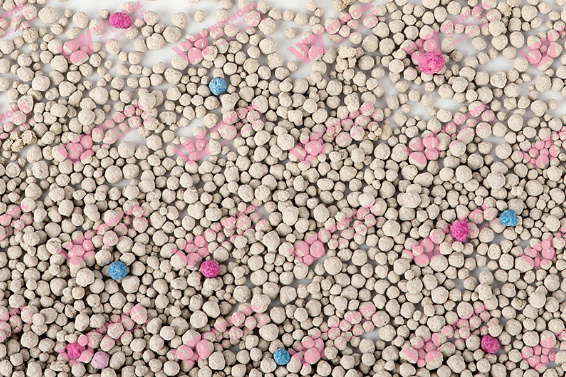
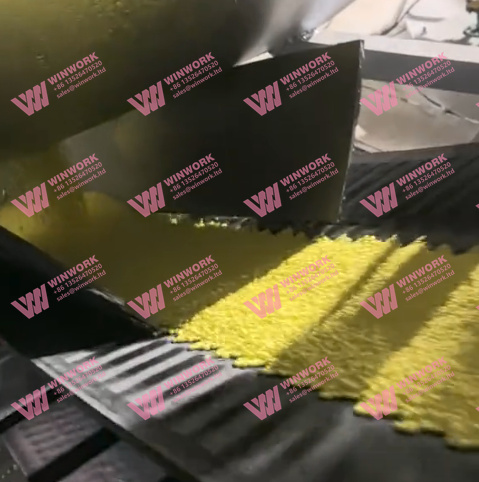
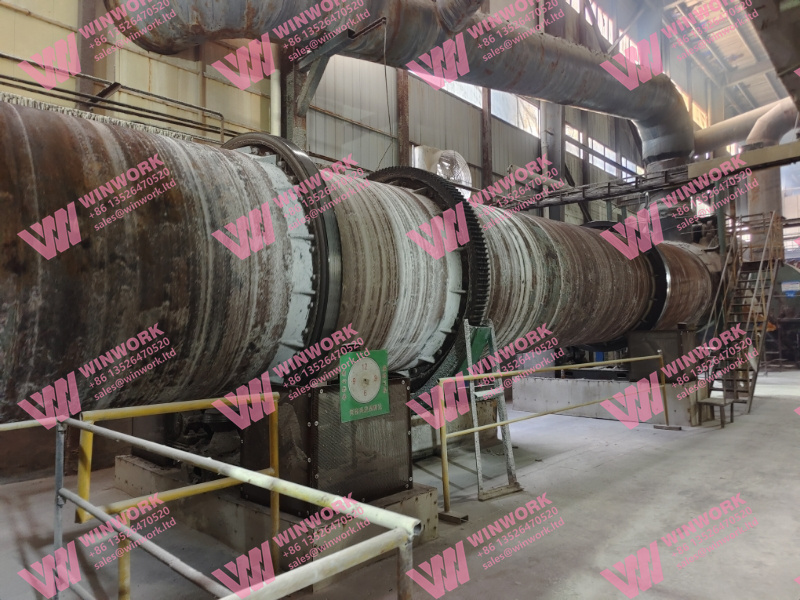
Get A Quote